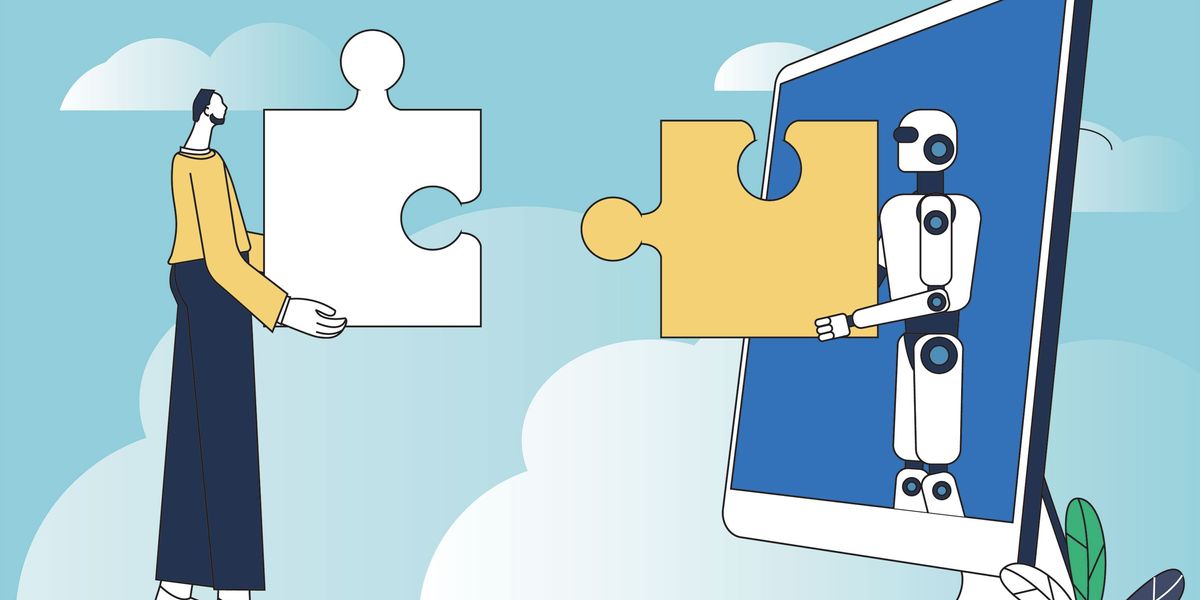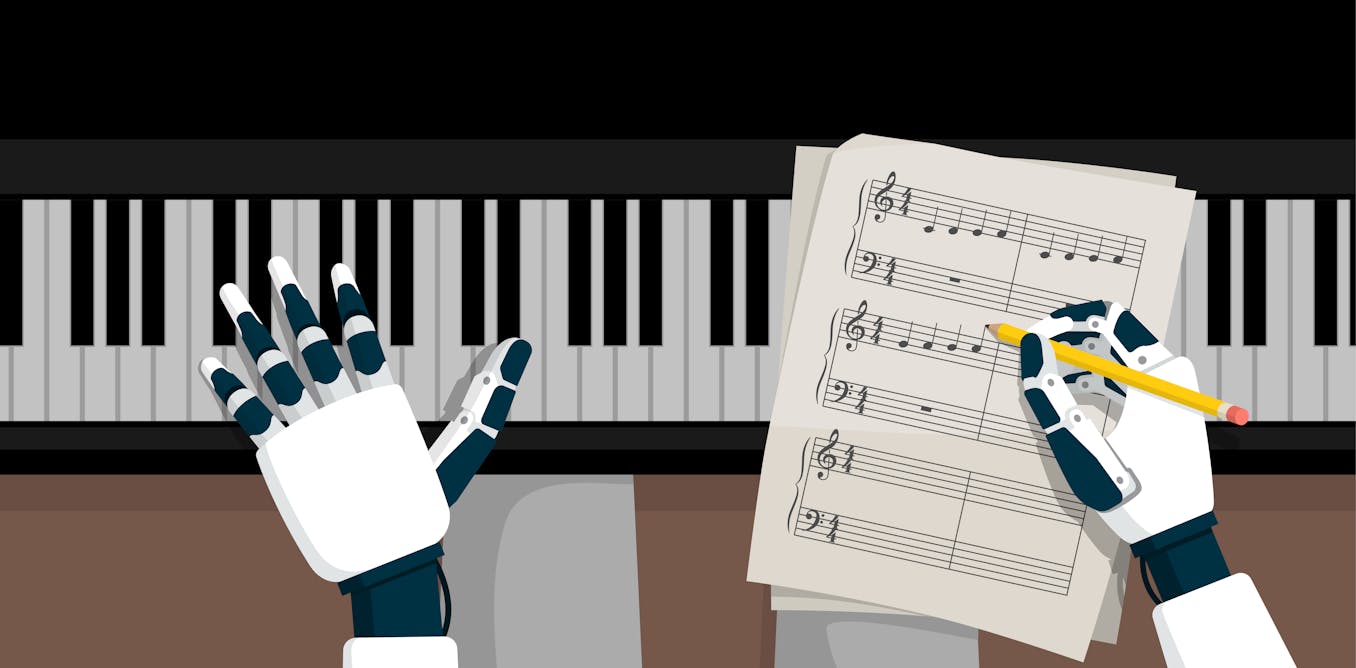It’s been just about a year now—a nonprofit called the Future of Life Institute posted an open letter reflecting people’s darkest fears about artificial intelligence.
“Contemporary AI systems are now becoming human-competitive at general tasks,” it said. It called for a pause in training of the most advanced AI, so that technology companies could develop safety protocols. It expressed worry about disinformation and out-of-control machines. And it struck a nerve with its concerns that some AI could make human work irrelevant.
“AI is a tool. … And tools generally aren’t substitutes for expertise but rather levers for its application.” —David Autor, MIT
“Should we automate away all the jobs, including the fulfilling ones?” the letter asked. “Should we develop nonhuman minds that might eventually outnumber, outsmart, obsolete and replace us? Should we risk loss of control of our civilization?” At last count, the institute said more than 33,000 people involved in computer science (including about 100 IEEE members) had signed it.
But there are many others who say we are far—perhaps very far—from a world in which smart machines make human talent redundant. On the contrary, they can extend human reach. That argument is laid out most recently by David Autor, an economist at the Massachusetts Institute of Technology who has written and spoken extensively on the future of work.
“It’s important to understand that many of our tools are not our competitors,” he says. “They are more like enablers of the use of human expertise.”
AI as calculator—and chainsaw
In an essay, posted on the website of the National Bureau of Economic Research and published in the magazine Noema, Autor says that if we do it right, AI can create many more opportunities than it disrupts. Certainly, there are jobs that will go away, and many things that once demanded a human touch will be done more cheaply and quickly by machines. But, he argues, many new lines of work will be created, or made more effective, by AI’s help. Autor says they may outnumber the jobs made obsolete, potentially by a substantial degree. He writes that “AI—used well—can assist with restoring the middle-skill, middle-class heart of the U.S. labor market that has been hollowed out by automation and globalization.”
“People are worried about the wrong things. They’re worried primarily about whether we’ll run out of work, when they ought to be worrying about how we will use human expertise, whether we use it well or badly.” —David Autor, MIT
“AI is a tool, like a calculator or a chainsaw,” he says. “And tools generally aren’t substitutes for expertise but rather levers for its application.”
He cites, among other evidence, an experiment led by economist Sida Peng of Microsoft Research, in which software developers were given access to Github Copilot, a generative AI programming aid. They were asked to implement an HTTP server in JavaScript. If they…
Read full article: AI May Create Far More Jobs Than It Kills

The post “AI May Create Far More Jobs Than It Kills” by Ned Potter was published on 02/27/2024 by spectrum.ieee.org





































